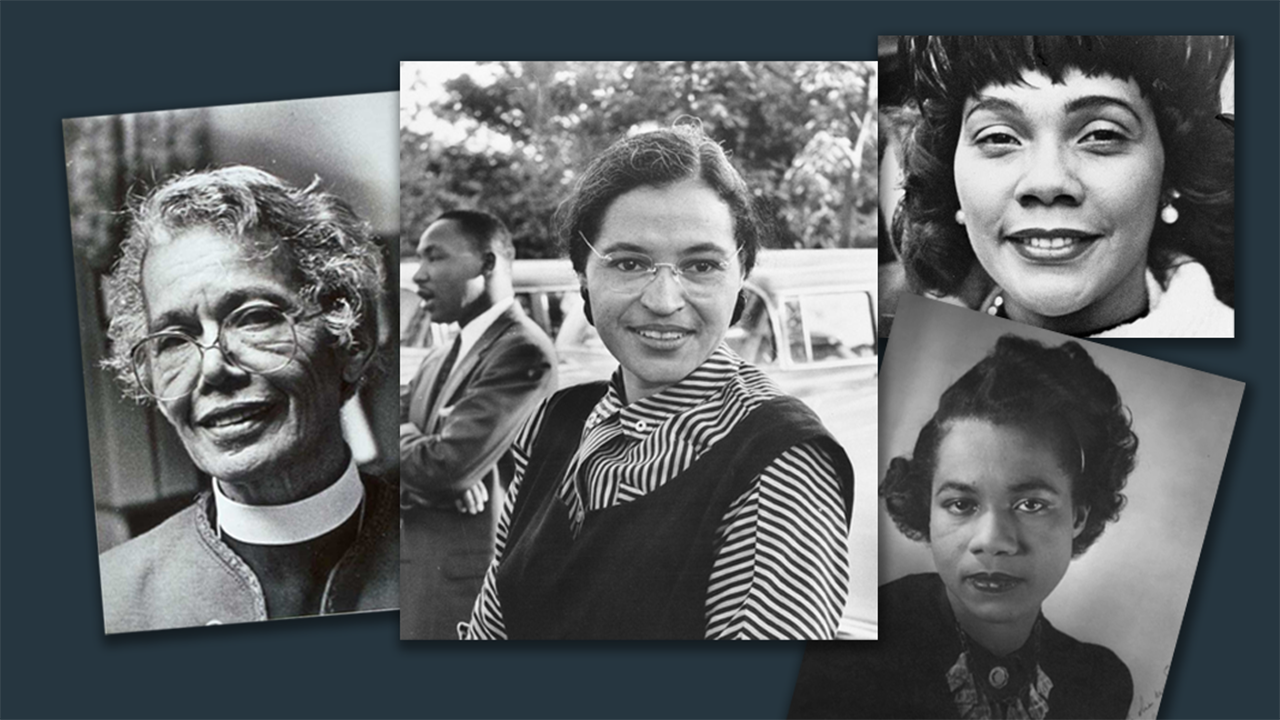 On March 4, former Secretary of State and Institute trustee Madeleine Albright came to the Czech Embassy for a candid conversation with Institute President Walter Isaacson on her new book, Prague Winter, which was conceived upon her discovery at age 59 that her parents were born Jewish and that numerous family members had been killed in the Holocaust. Although the decade between the Munich Agreement and the onset of the Cold War Prague Winter chronicles is full of darkness, Albright’s focus is instead on her family’s values of democracy and humanity that directed her own moral compass even before she knew the complete story of her past.
On March 4, former Secretary of State and Institute trustee Madeleine Albright came to the Czech Embassy for a candid conversation with Institute President Walter Isaacson on her new book, Prague Winter, which was conceived upon her discovery at age 59 that her parents were born Jewish and that numerous family members had been killed in the Holocaust. Although the decade between the Munich Agreement and the onset of the Cold War Prague Winter chronicles is full of darkness, Albright’s focus is instead on her family’s values of democracy and humanity that directed her own moral compass even before she knew the complete story of her past.
“Family histories are always shared within families—this is what binds them together,” Czech Ambassador Petr Gandalovič said while introducing Secretary Albright. But while researching Prague Winter, Albright came across a family story that otherwise might have been lost: A novel her father—the diplomat and political scientist Josef Korbel—had written about a young Czech diplomat who returns home after the Second World War and doesn’t find his family. As the Czech Secret Police had labeled Korbel a “pro-Western democrat,” it is not difficult to draw the comparisons to his own life, or to see that his convictions carried risk. “My father’s motto was ‘always be true to yourself,’ and I think he was talking about his identity as a Czech and a humanist,” Albright said, “and as someone who was true to the values he had grown up with, which were about being a patriot, and understanding the importance of democracy and the value of the individual.”
 As Secretary of State decades later, the democratic and humanistic rights her father and had been denied were motivating forces of Albright’s work. She recalled a visit to the Srebrenica massacre fields in Bosnia, and of seeing human bones her guides insisted were from World War II, despite clearly being far fresher. She cited the history her father had lived through as the moral bedrock of her concern for the region. “The Munich Agreement always stuck in my mind during discussions on Bosnia,” she said. “People then asked why they should care about people in a faraway land with unpronounceable names, which was again the case in Bosnia.”
As Secretary of State decades later, the democratic and humanistic rights her father and had been denied were motivating forces of Albright’s work. She recalled a visit to the Srebrenica massacre fields in Bosnia, and of seeing human bones her guides insisted were from World War II, despite clearly being far fresher. She cited the history her father had lived through as the moral bedrock of her concern for the region. “The Munich Agreement always stuck in my mind during discussions on Bosnia,” she said. “People then asked why they should care about people in a faraway land with unpronounceable names, which was again the case in Bosnia.”
When asked the grand moral lesson of Prague Winter, Albright used the chaotic decade as relief against which to feature “two kinds of people: those with the souls of collaborationists, and those who speak truth to power. There is a little bit of both in everybody, and none of us quite know how we would behave in certain situations. In many ways it is the journey that is part of it—what is moral behavior, how do you operate?” This appreciation that imperfect people sometimes must make imperfect decisions echoes in many ways the lessons of her father: Be true to yourself and to your values, because the world is filled with all sorts of extenuating circumstances in which you may find it expedient to dismiss them.
For more about Prague Winter, and Secretary Albright’s Former Foreign Ministers group at the Institute, see the Summer 2012 issue of The Aspen Idea.
Video of the talk:

